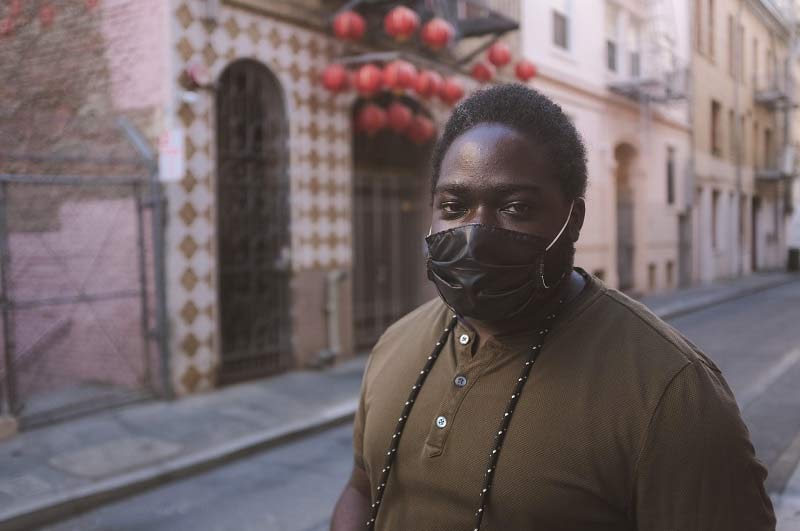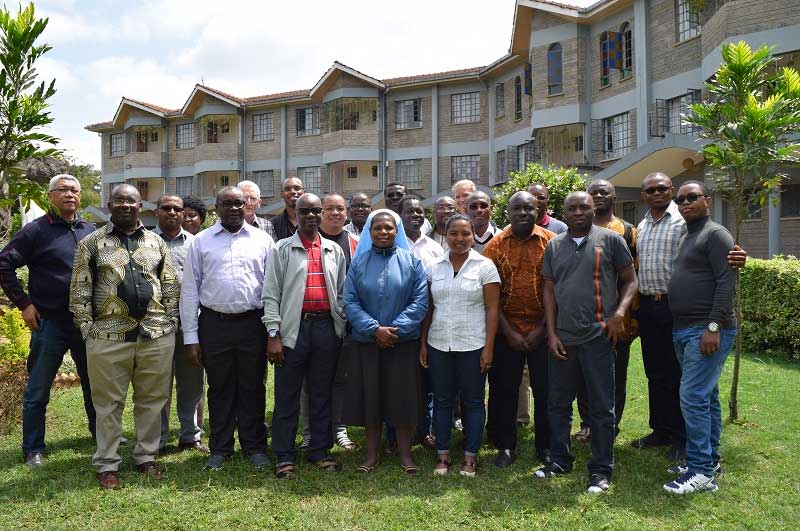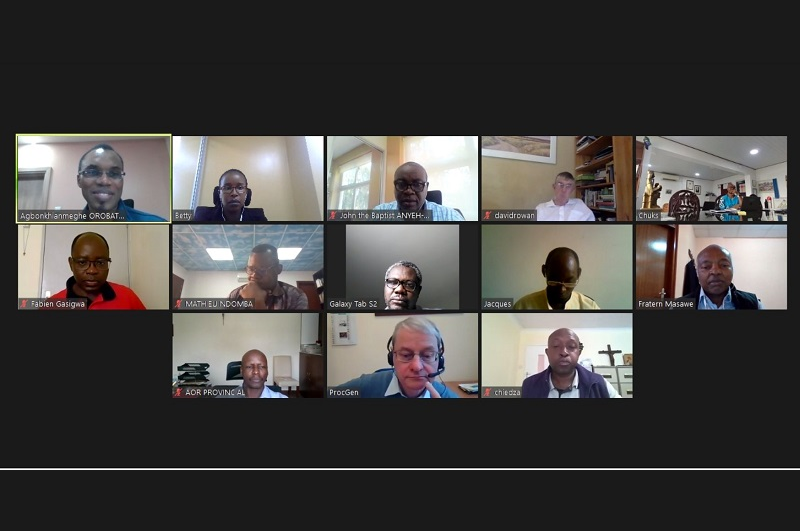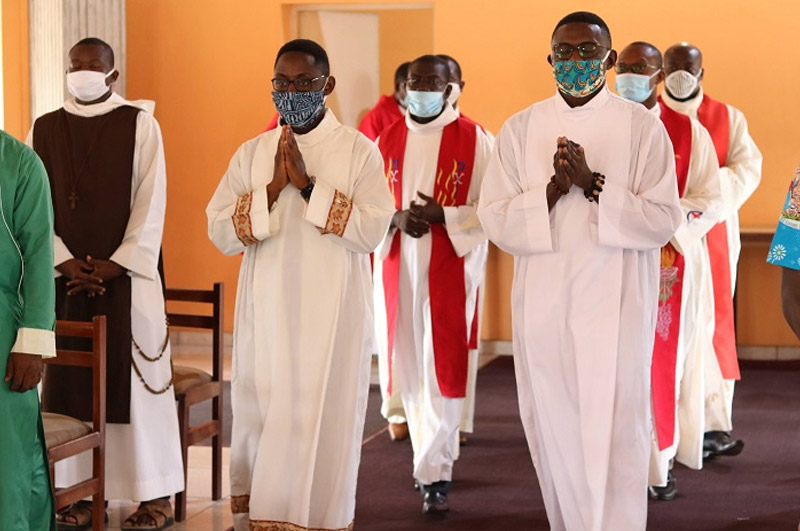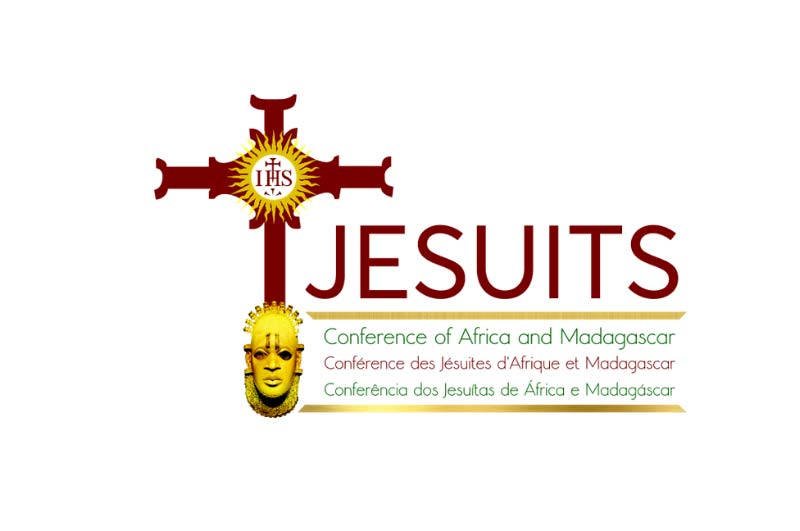


Solidarity is our Responsibility - African Jesuit AIDS Network
Dec 1, 2020, is World AIDS Day. The Society of Jesus (Jesuits and collaborators) in Africa and Madagascar stand in solidarity with all the people living with HIV. We remember all those who have lost their lives to the virus. May their souls rest in peace.
This year’s commemoration occurs in a particular context. The whole world is profoundly affected by the coronavirus pandemic which has disrupted health systems and severely impacted lives, in particular those who are already subjected to some underlying conditions including HIV/AIDS.
Since the start of the epidemic of HIV/AIDS, 75.7 million people have become infected while we have lost 32.7 million people to AIDS-related illnesses (UNAIDS, 2020), while millions bear the impact of the disease on their families. On the positive side, we look back and acknowledge the tremendous achievements in the fight against the epidemic – thanks to the generosity, resilience, and tireless efforts by governments, international organisations, civil societies, religious organisations and communities. It is encouraging that a united global initiative has recorded gains in HIV testing and treatment with the result that 81% of people living with HIV know their status, and an estimated 25.4 million of the 38.0 million people living with HIV had access to antiretroviral therapy by the end of 2019, thus averting 12.1 million AIDS-related deaths since 2010 (UNAIDS, 2020).
Even though we are in the middle of new global public health emergency, it is critical not to let our guards down in the combat against HIV/AIDS, because the war is far from over. The epidemic is present and still spreading in communities. Statistics show that in 2019, an estimated 690,000 people succumbed to AIDS-related illnesses (UNAIDS, 2020). Africa carries the heaviest burden of the disease, with 25.7 million people living with HIV and about 1.1 million people getting infected with HIV in 2018 (World Health Organization, 2020).
Global Solidarity, Shared Responsibility, the theme of this year’s World AIDS Day, reminds us of our common responsibility towards one another. In recent times, Pope Francis has spoken of the importance of solidarity in the context of crisis and underscored the critical component of facing crisis together in order to emerge from it better and stronger. He reminds us that we either do it together, all of us, in solidarity, or it is never done. There is an African saying from Kenya: “oropkei kou bireech,” (hold/support one another like safari ants). It means that in the face of obstacles our strength comes from holding and allowing others to hold on us at every step of life. Solidarity, therefore, is a condition for our collective success. On a similar note, the Universal Apostolic Preferences (UAPs) of the Society of Jesus enjoin all to walk with the excluded in society, that is people who are vulnerable, weak, and marginalised by social and physical diseases, including HIV/AIDS. They also remind us of the importance of walking with young people in search of a hope-filled future which also consists of an HIV-free generation. Over several decades of the epidemic, religious institutions have been part of the global solidarity, playing a central role in the response to HIV/AIDS. Jesuits and collaborators in Africa and Madagascar continue to give serious attention to the AIDS epidemic and its implications for the community. The presence of African Jesuit AIDS Network (AJAN) since 2002, as the continental body coordinating Jesuit responses to HIV/AIDS, is a concrete testimony to our solidarity and shared responsibility. Across sub-Saharan Africa, AJAN centres work directly with vulnerable members of communities through provision of healthcare, support for livelihood, education for orphaned children and pastoral care. AJAN also pays close attention to integral formation of the youth with the aim of engendering an HIV-free generation in Africa. This is done through AJAN HIV & AIDS Prevention Programme for Youth (AHAPPY Generation). AHAPPY is a contextualized programme, rooted both in the Ignatian spirituality and African culture and values.
Undeniably, the new crisis of COVID-19 is an added burden for people living with HIV, especially in Africa where the public health system is ill-equipped. The guidelines proposed to stop the spread of the coronavirus aggravate an already fragile economic base of households, weakens social support systems and delivery of life-saving essential services, and leaves PLHIV more exposed and more vulnerable.
AJAN teams have shown tremendous dedication with the outbreak of COVID-19 in their various settings in Africa. As we know, an epidemic, like HIV/AIDS, is not just a disease; it bears social, political, economic, and ethical implications that affect every strata of society. In order to provide a holistic response to both, HIV and COVID-19, AJAN is moving beyond the “fire-fighting,” or emergency response phase. Recently, AJAN initiated a multi-country study of Knowledge, Attitudes, and Practices (KAP) on COVID-19. The outcome of this study will be important in generating knowledge to inform appropriate actions for the management of COVID-19 and for an effective containment of HIV/AIDS at the community level. In this way, AJAN seeks to build the resilience of communities to respond to public-health related issues now and in the future.
As we come together to mark the 2020 World AIDS Day, Jesuits and collaborators in Africa understand that in times of a health crisis of such magnitude, it is never about "us" and "them". Rather, we form one body in Christ (Romans 12:5; 1 Cor. 12:12-27). To echo the sentiments of Pope Francis, solidarity with PLHIV and other vulnerable people in Africa is not a sporadic act of generosity, but it is central to our mission and to our ministry. Guided by the Scripture, the Church’s Teachings, the Pope’s leadership, and the UAPs, Jesuits, and collaborators have been and will continue responding to the HIV/AIDS crisis in solidarity with the most vulnerable. AJAN and all Jesuits and collaborators in Africa join our voices to those of the global family in reaffirming our commitment to the realisation of the Sustainable Development Goal of ending the AIDS epidemic by 2030. While it sounds ambitious, we believe that it is possible if we act in solidarity and assume our responsibility. “With God nothing is impossible” (Luke 1:37).
May God continue to strengthen us as we struggle through the crisis of COVID-19. May God grant us the grace of greater solidarity and responsibility towards our sisters and brothers who are most disadvantaged by the pandemic, particularly those affected by and living with HIV.
Yours in Christ’s mission,
Related Articles
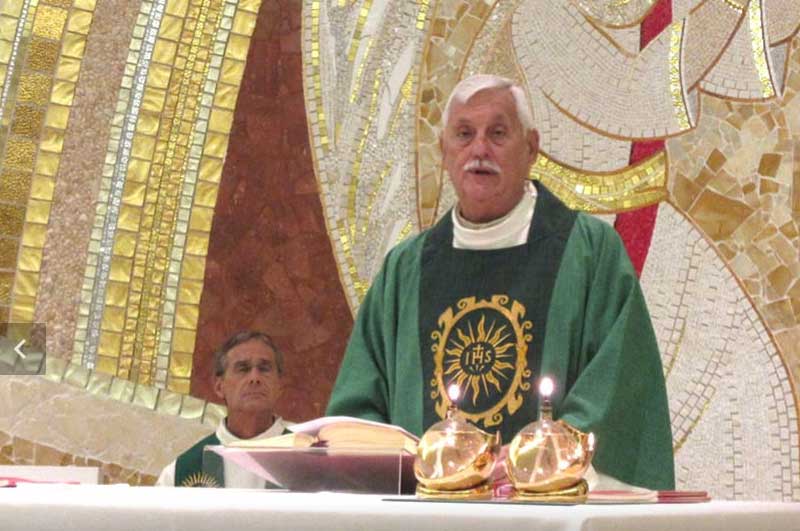
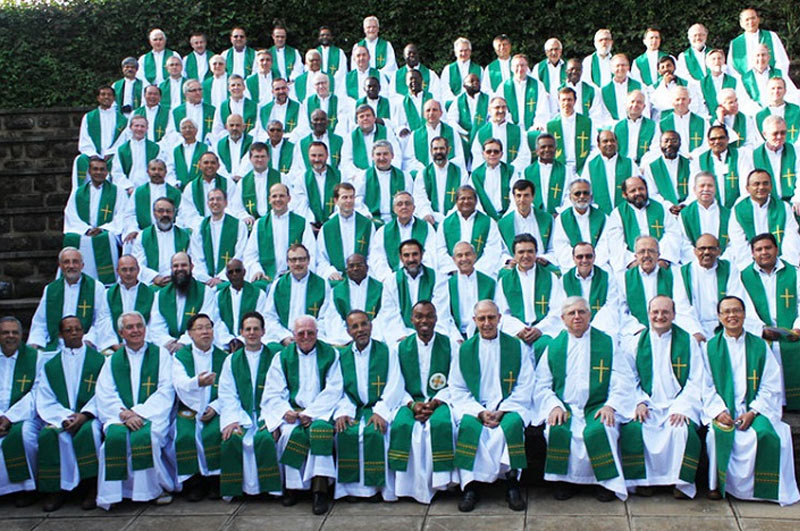
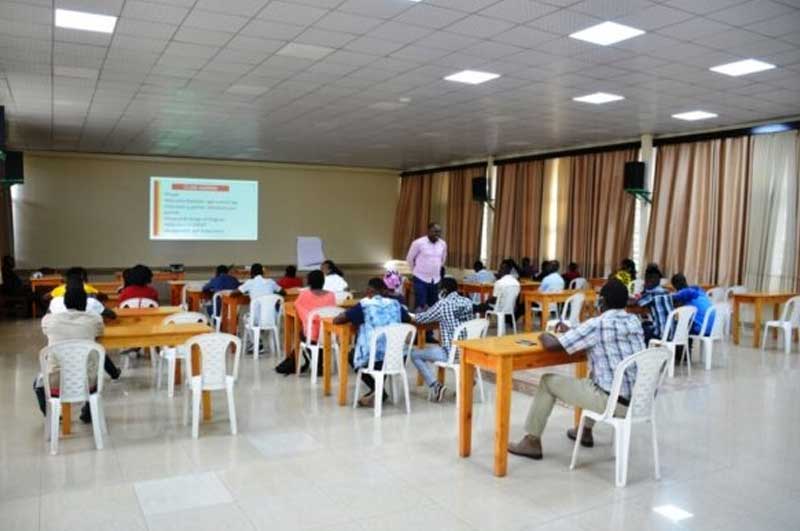
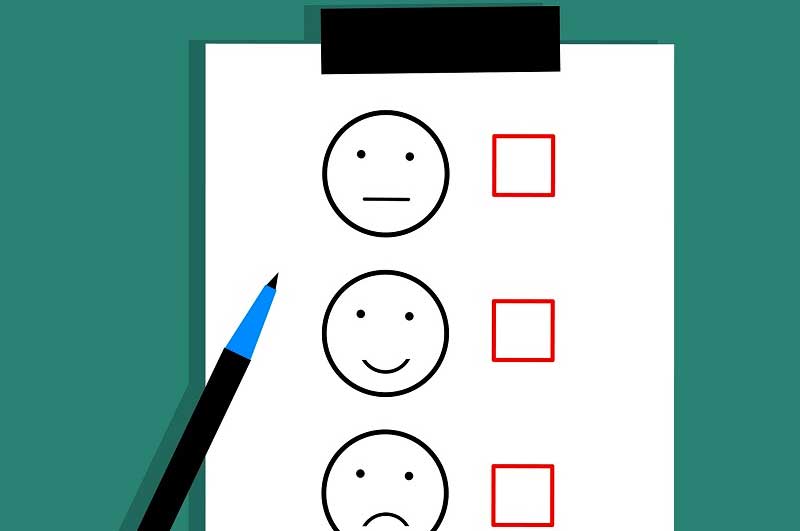
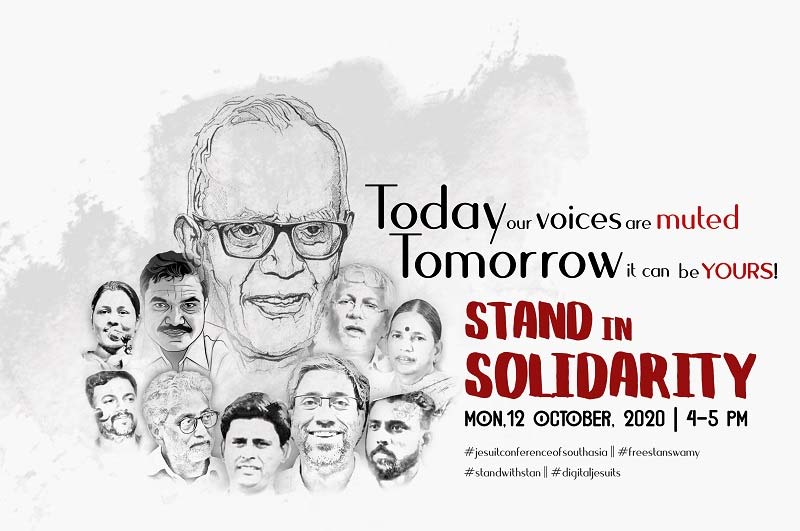
Select Payment Method
Pay by bank transfer
If you wish to make a donation by direct bank transfer please contact Fr Paul Hamill SJ treasurer@jesuits.africa. Fr Paul will get in touch with you about the best method of transfer for you and share account details with you. Donations can be one-off gifts or of any frequency; for example, you might wish to become a regular monthly donor of small amounts; that sort of reliable income can allow for very welcome forward planning in the development of the Society’s works in Africa and Madagascar.
Often it is easier to send a donation to an office within your own country and Fr Paul can advise on how that might be done. In some countries this kind of giving can also be recognised for tax relief and the necessary receipts will be issued.


